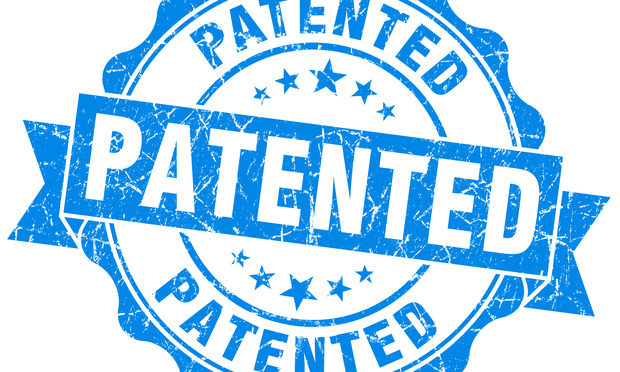This past year, the U.S. Supreme Court issued a considerable number of opinions that will likely have a significant impact on intellectual property law. Several of these opinions relate to the relationship between a patent licensor and a patent licensee. Unlike other corporate transactions, patent licensing does not end at closing since the life of the underlying patent typically continues on for several years. Given such an inherently long-term relationship between patent licensors and licensees, it is worthwhile to consider how these recent U.S. Supreme Court opinions impact current and future licensing relationships.
Medtronic: Ability of Licensee to Challenge Underlying Licensed Patent
Even though a patent license agreement is often valuable to a licensee, there are still some instances when a licensee may want to initiate a legal proceeding concerning a licensed patent. For example, a licensee may want to establish that a patent does not cover the manufacture of certain products—such as new products, product improvements and extension product lines—in order to avoid paying royalties. As such, the licensee may want to seek a declaratory judgment of noninfringement. Prior to the U.S. Supreme Court’s opinion in Medtronic v. Mirowski Family Ventures, 134 S. Ct. 843 (2014), there was some uncertainty as to who had the burden of persuasion with respect to whether the manufacture of a product would infringe a patent in such a scenario—the licensee or the licensor/patent holder.



